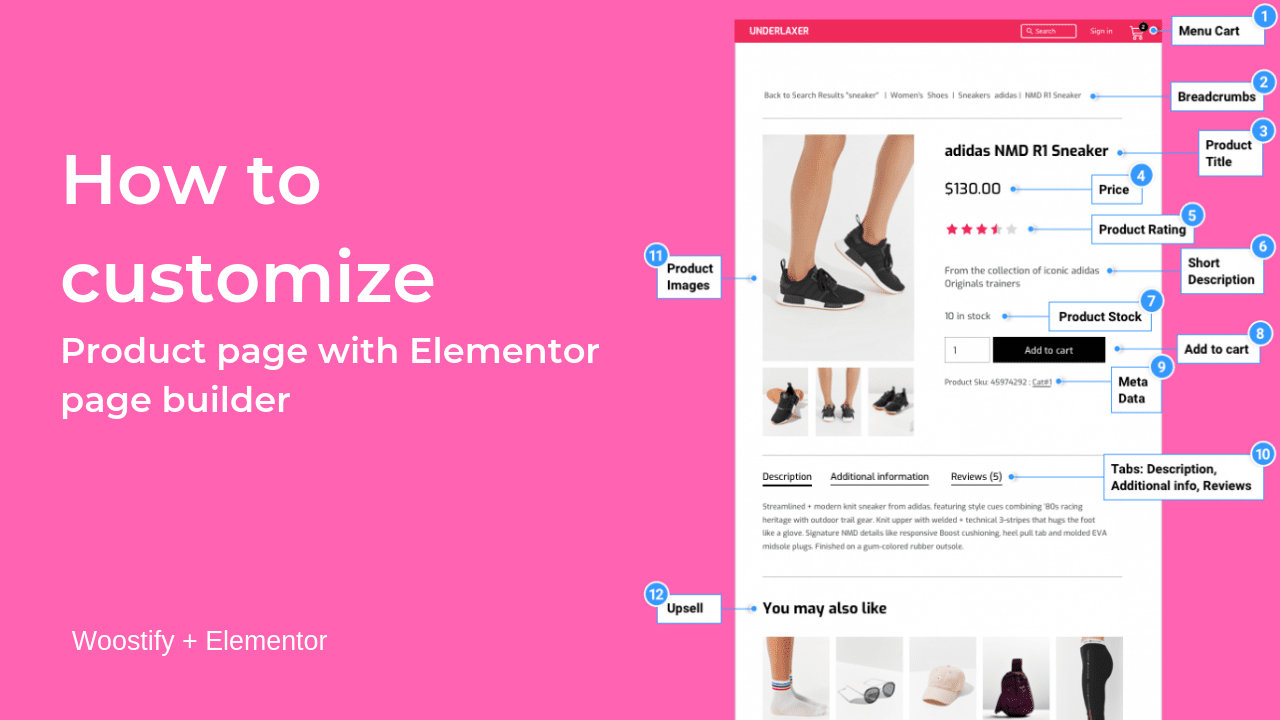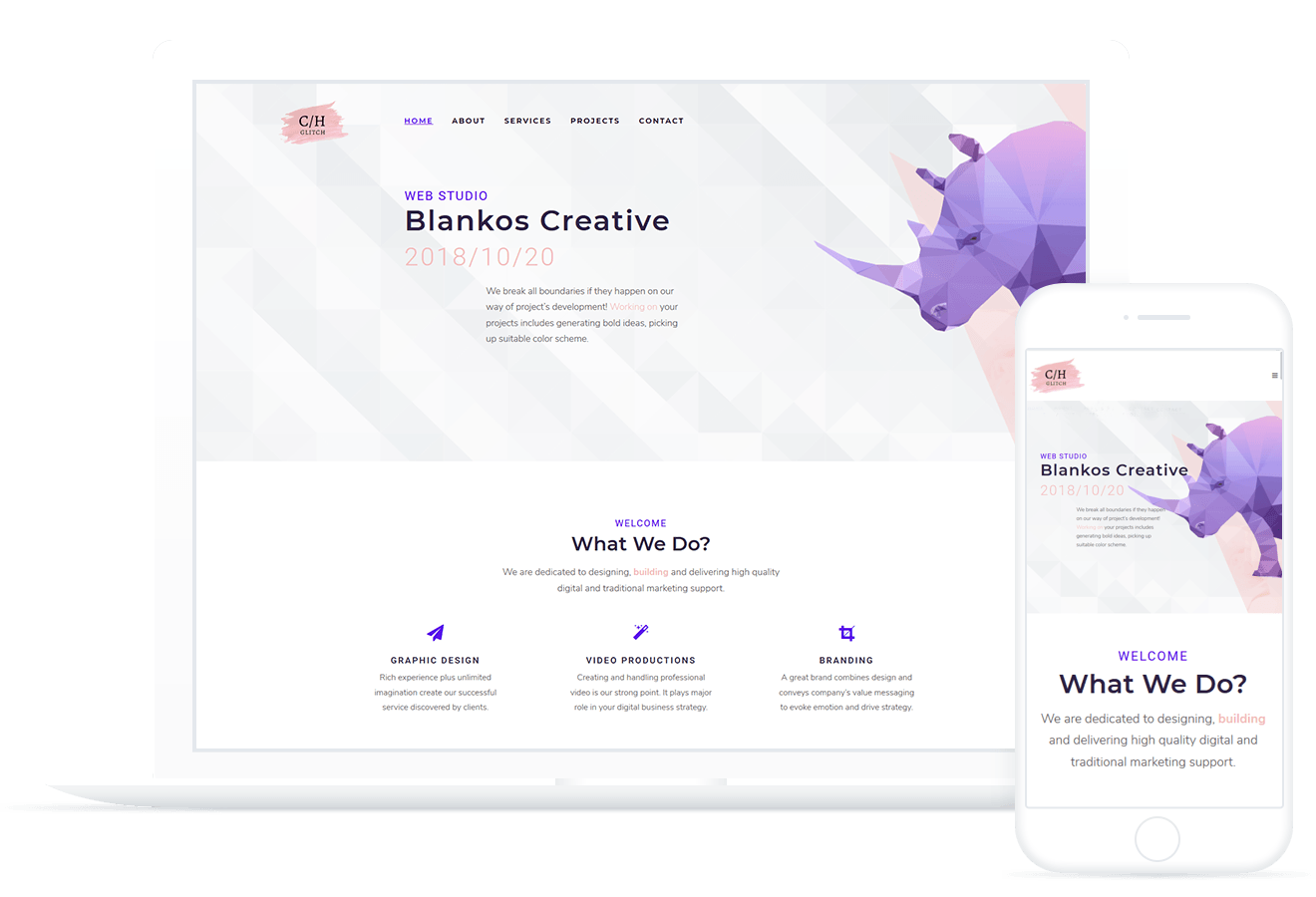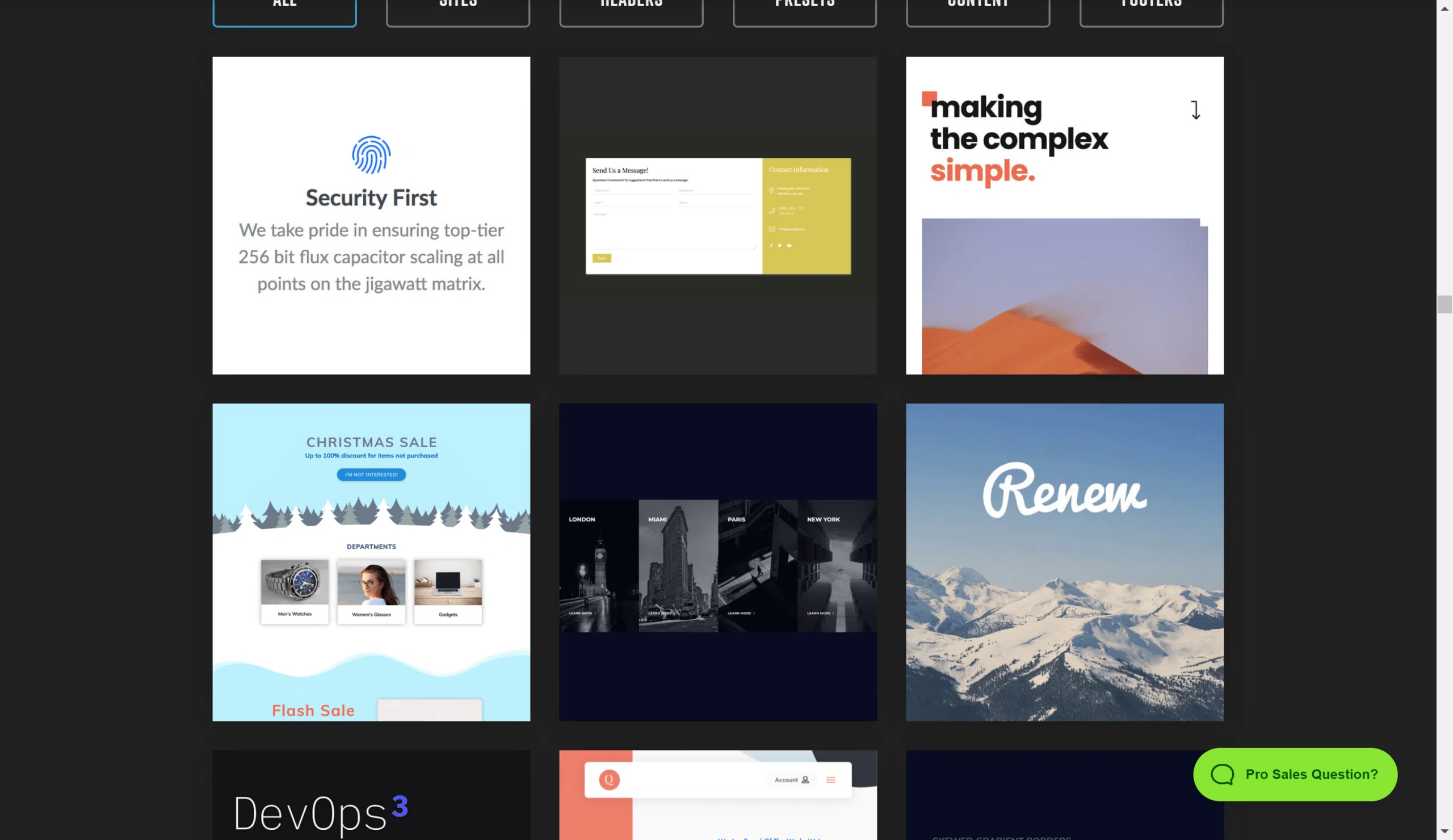

It’s really that simple! Just remember that you need to add this for every post or page that you want the sticky header to appear on as it is specific to each.
#ELEMENTOR PRO HEADERS CODE#
Yes, like most things in WordPress you can actually use one simple line of code that will make the header a sticky header: Can I Use Simple CSS to Make a Header Sticky? Finding the right fit for your visitors is vital. That said, it is possible to enable or disable the feature depending on the device the user is using. Space on the screen is very limiting and if your site header is too big, then a sticky header might take up too much viewable space. However, that doesn’t mean they are always a good addition.įor example, let’s think about a mobile user for a second. They are ideal for navigation purposes sometimes. You can customize it and build around it all you want. You have successfully created a sticky header in Elementor. Remember, you will need Elementor Pro to accomplish the above. You can add whatever you want if you are familiar with Custom CSS and how it works. So a condition you choose may be “entire site.” An example of a sticky header condition includes where you want to display the sticky header. You can also add conditions before publishing the final sticky header.

So if you are not adding any of your own custom CSS, then you can bypass the last option. Note: The Offset Effects options will only work when Custom CSS is applied. Effects Offset: Set the number of pixels scrolled before the header effects take place.Offset: Set the number of pixels scrolled before the header becomes sticky.Sticky On: Choose which devices to stick to the header, including Desktop, Tablet, and Mobile.Sticky: Click Top to choose to stick the header to the top.Once you are in the Scrolling Effect area here are some items you can choose from how you want and customize them how you see fit.

In the panel, go to Advanced > Scrolling Effect. Right-click the header’s section handle to edit the section. Create a Sticky Header in Elementorįirst, click on Templates and select the Theme Builder option.
#ELEMENTOR PRO HEADERS FREE#
The free version of Elementor will not have this functionality available. Note: You will need to have Elementor Pro installed to achieve this function.
#ELEMENTOR PRO HEADERS HOW TO#
Let’s take a quick look at how to accomplish this when using Elementor. However, when using the Elementor page builder, the option is presented to you in an “Advanced” tab and all you have to do is click the button to make your header a sticky header. You can get the sticky header functionality by using some custom CSS code if you know how to do that. The menu remains in view and always accessible no matter what page or place on the page a user is. What is a Sticky Header?Īlso called a “fixed” header, a sticky header is a type of navigation tool that allows you to fix your website menu at the top of the screen, even when the user scrolls down the page. In this article, I will show you how to create a sticky header in Elementor using the built-in tools that the pro version of the page builder provides. This ensures the user knows they have entered into a different article. This is particularly useful on websites that continuously scroll down and enter into new articles. This helps the users quickly navigate through the content and know exactly what they are looking at. Click "Add New".A CSS sticky header allows a site user to have access to the header and menu portion of the page no matter how far down they scroll. With Elementor Pro activated, go to Templates -> Theme Builder.



 0 kommentar(er)
0 kommentar(er)
